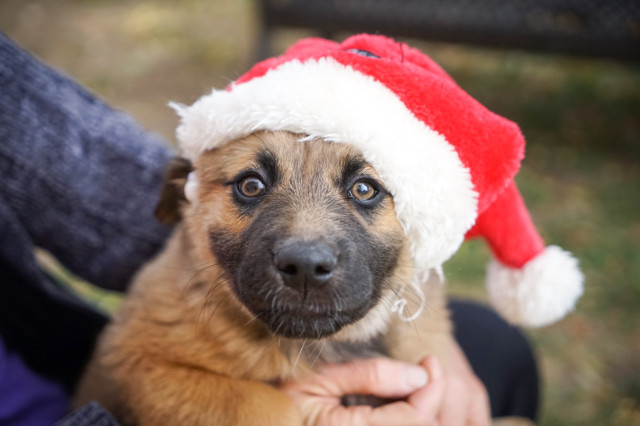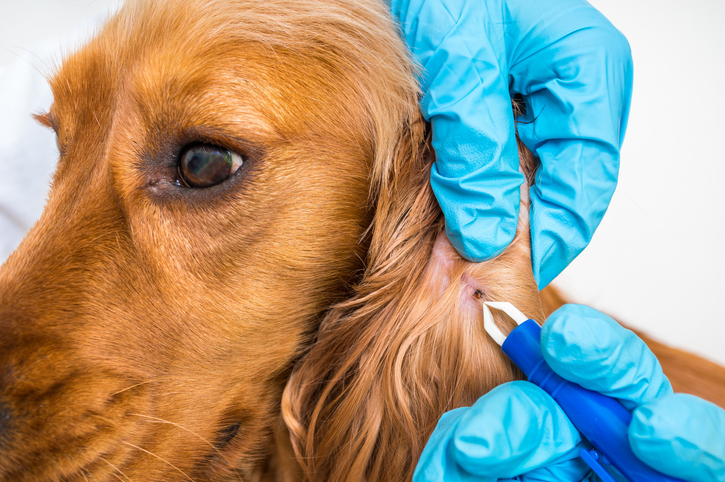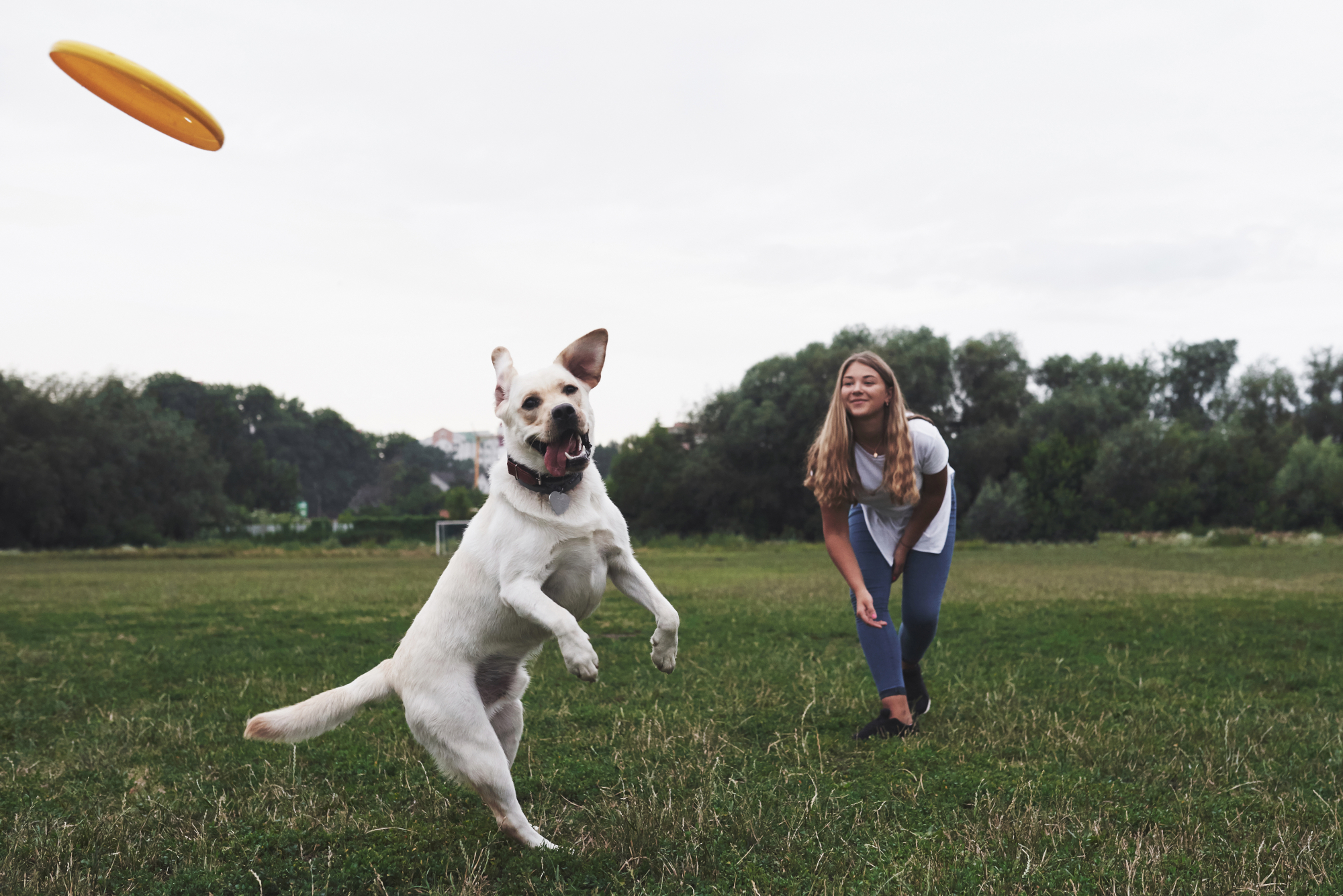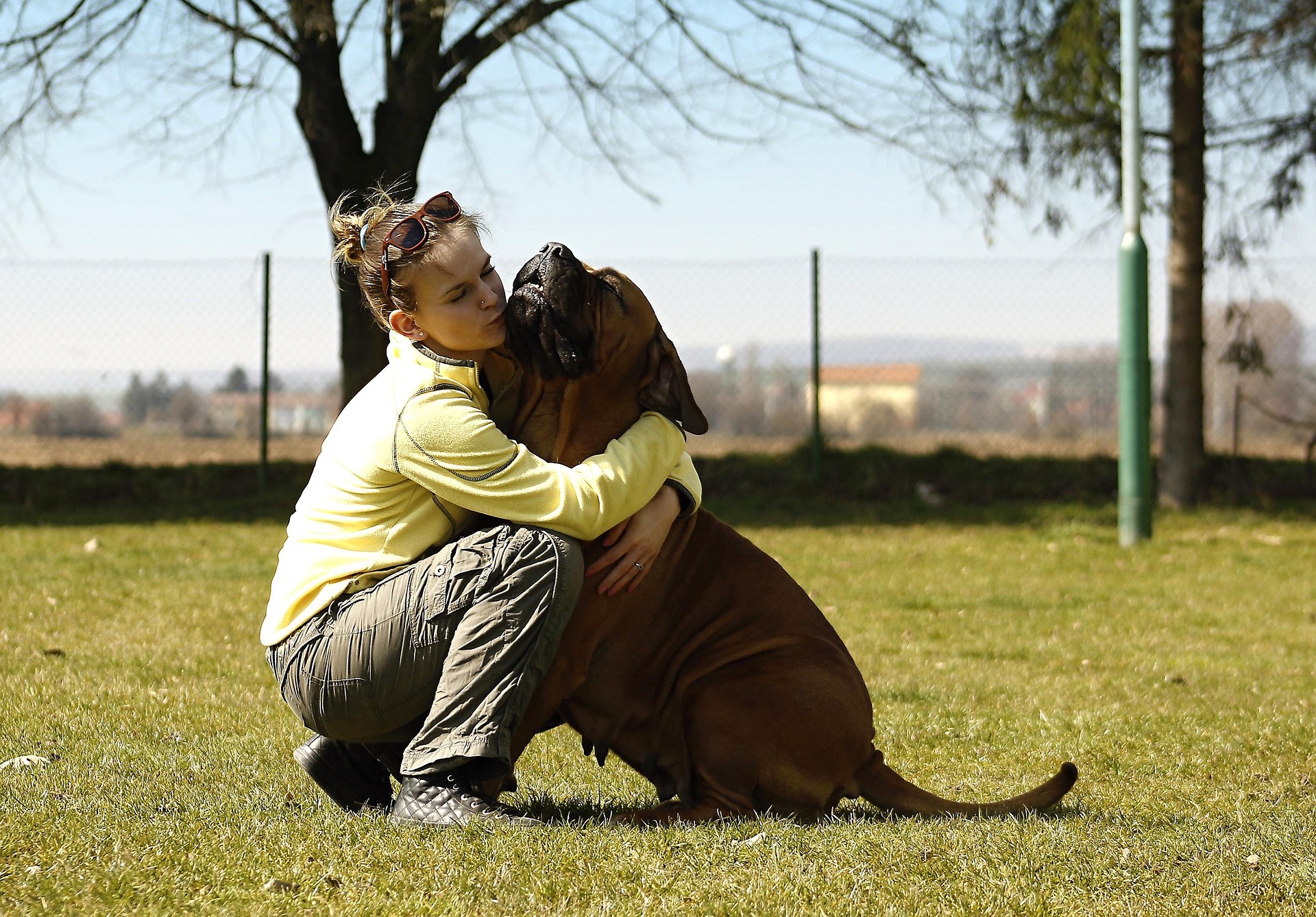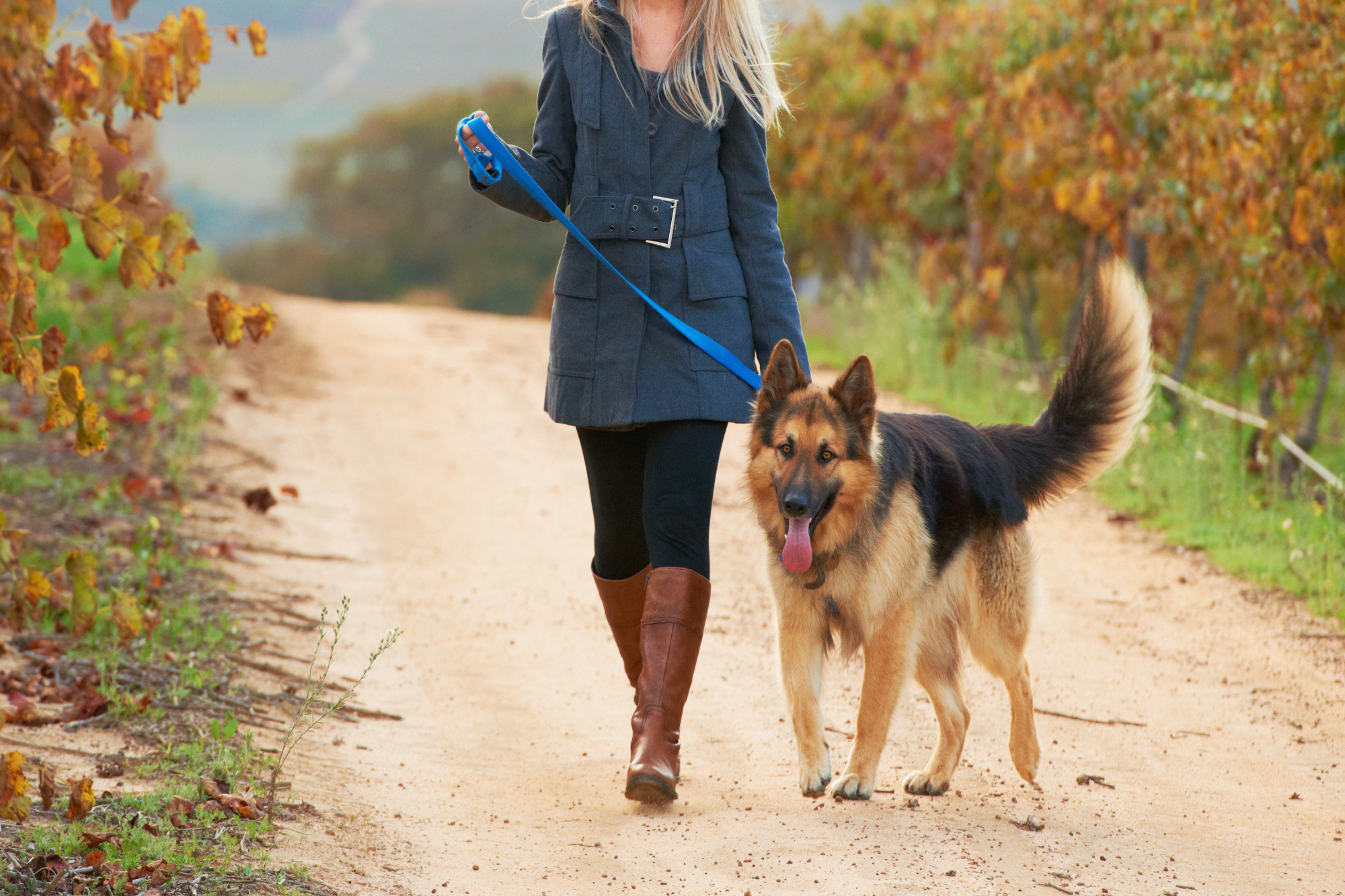Happy holidays! Don’t forget to include your dog in the festivities. That being said, it is important to review your plans for the holidays and make sure seasonal dangers for pets can be prevented in your home.
To start, keep your pooch well protected and make sure that everyone in your home is on board with monitoring dog treats, gifts, and activities to make sure they are safe for dogs and to help keep the environment risk-free for your best friend.
1. Choose Safe Gifts and Healthy Treats for Dogs
When filling a holiday stocking for your pet, choose safe chew toys and healthy doggie treats that are easy to digest.
It’s easy to buy safe gifts for your dog as there are lots of choices such as comfy doggie beds, soft blankets, great brushes, decorative and colourful pet collars and leashes (including those that are reflective or light up with night safety LED lighting), and the ever-popular plush toys, squeaky toys, and balls for fetch-and-carry games. If your dog has a habit of eating plush toys, maybe this won’t be a good option for them. We have a whole blog post dedicated to finding that perfect safe toy or treat for your pooch if you’re interested!)
2. Be Careful With Decorations
- If you want to have a decorated tree in your home, make sure it is securely fixed so that it can’t be knocked over by your energetic pooch. As well as using a sturdy container or stand, consider fastening it with fishing line to a curtain rod, the ceiling, or a doorframe; just make sure your pet doesn’t get tangled in it.
- If your tree is a natural one sitting in a container of water, remember that the water, too, can be hazardous for your dog if there is any aspirin, sugar, or other additives in it. Try to find a stand with water that can be covered so only the tree can drink the water and not your dog.
- Make sure all stringed lights and electrical cords are out of sight and out of reach so that your dog is not tempted to chew on them. See that everything is unplugged at night or whenever you leave the house.
- Don’t use homemade decorations made of food products like salt dough or popcorn, and keep fragile decorations out of reach as broken pieces can be toxic to pets if swallowed and they can also cause internal and external injuries. The most suitable and safe decorations are those made of wood or fabric and fastened to the tree with string rather than wire hooks.
- Candles should be kept up high on shelves where curious dogs can’t reach them. There should never be lit candles in a room if no responsible person is there to watch over them. Fortunately, there are artificial candles that flicker and crackle like real ones and can safely replace them.
- Batteries and gadgets holding batteries must be kept away from your dog in case your pooch decides to chew on them. If you see a battery-operated gift, remote control, or a gadget with a battery missing, start a search for it right away. If you can’t find the battery, you must assume your dog has swallowed it and should take your dog to the veterinarian for help right away.
- Keep potpourris out of reach, especially if liquid, as these usually contain essential oils and detergents that can burn your dog’s mouths, skin, and eyes.
3. Avoid Holiday Food Dangers
- Dogs love sweets and are particularly drawn to the scent and taste of chocolate, which contains the compound theobromine. This ingredient is poisonous to them. The darker the chocolate, the more dangerous it is, and chocolate of any kind is more dangerous for small dogs than large dogs. For example, consuming 400 grams of any chocolate can be fatal for average sized dogs as they don’t have the enzyme needed to digest and metabolize it.
- All sweets are dangerous for dogs and so are candy wrappers and plastic lollypop sticks, which can cause choking and create an intestinal blockage if ingested. Candy and desserts intended for dieters may contain the artificial sweetener xylitol that can be poisonous to dogs and cause liver failure, watch out for the “no sugar added labels”. Keep all candy and sweets out of “paw reach.”
- Don’t allow your pet to consume any alcohol and make sure your guests don’t decide it would be fun to see how your pet reacts with alcohol in his or her system. Yes, there are people who will actually offer alcohol to pets. Place unattended beverages where your pet can’t reach them.
- Make sure everyone, including guests, are aware that your pet can’t be fed any table scraps or leftover snacks, and make sure these are safely discarded when people have finished eating. Many foods that are safe for human are hard for dogs to digest, can cause intestinal problems such as bloating, gas, vomiting, and diarrhea, and can be poisonous to them. Rather than read a list to your guests of what your pet mustn’t be fed, request that no table scraps or snacks be offered or dropped invitingly on the floor. As an alternative you can give your guests appropriate treats to offer during dinner time if needed.
- Don’t leave leftover food around to tempt your dog. Clear your tables and counters, see that your garbage can has a tight fitting lid, and take out the trash to make sure your dog can’t get into it.
- Watch for symptoms of food poisoning—vomiting, diarrhea, lethargy, loss of appetite, and poor coordination—and take your dog to the veterinarian for help immediately if you see these warning signs in your pet.
4. Keep Certain Christmas Plants Out of Reach
- Mistletoe and holly with its bright red berries are dangerous to pets if ingested, and can cause vomiting, diarrhea and heart arrhythmia. Poinsettias and Christmas cactus are not nearly as dangerous, but they should still be presented and used with caution since they can still cause drooling, vomiting, and diarrhea.
- Other holiday plants you should avoid having around are amaryllis, calla and peace lilies, balsam, pine, and cedar, which can also cause digestive problems for dogs.
- Substitute artificial plants made of silk or plastic if you want to add the “plant touch” to your holiday decorating plans.
5. Plan Pet-Safe Holiday Entertainment
- Arrange a holiday safe zone where your pooch can always retreat so that you don’t have a stressed-out pet. Set up a room where your dog can hide from the noise of loud people and loud music when you are entertaining. Leave food, water, some favourite toys, and a comforting mat, blanket, or bed in which he or she can snuggle.
- Explain the dangers of human food and beverages for dogs to all guests and make sure visiting children understand and are aware of the dangers, too.
- If your dog is inclined to make a dash for the door whenever it is opened, install a baby gate to make sure your pet can safely greet guests from behind it.
By working together with everyone in your home, you can prevent holiday dangers for your dog when you choose gifts and treats for your pooch and keep pet safety in mind when choosing decorations, plants, and food. Be careful about leftover food on tables and counters and the disposal of it. When everything is in place for the holidays, look around and see if anything presents a possible danger to your dog, or if your pooch could come to harm in any of the rooms accessible to him or her. You don’t want a trip to the veterinarian to be on your list of holiday events!
Creative Commons Attribution: Permission is granted to repost this article in its entirety with credit to Hastings Veterinary Hospital and a clickable link back to this page.

